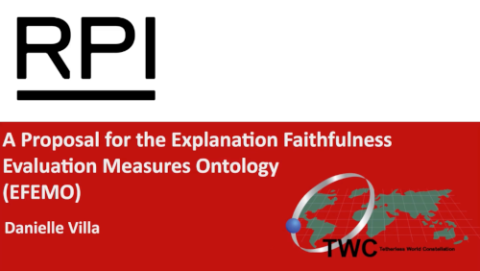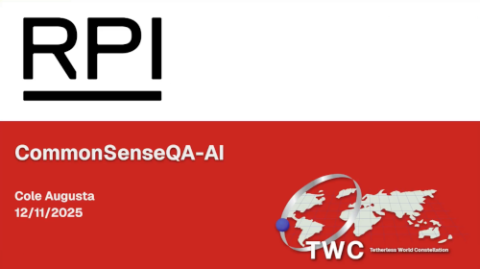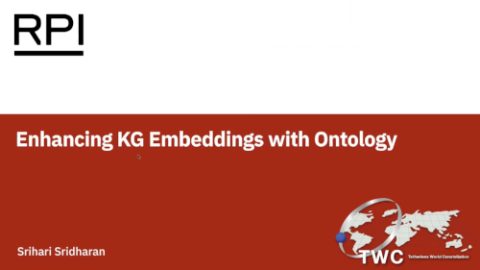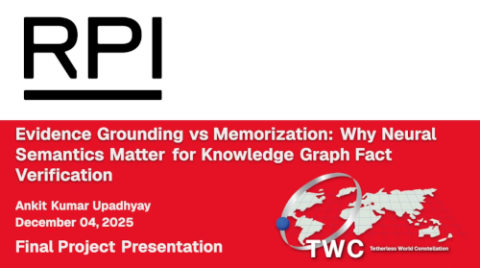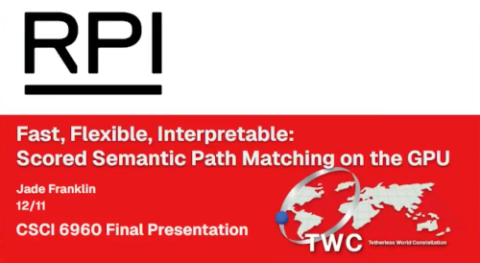
Homepage: https://idea.rpi.edu/people/staff/john-s-erickson
Blog: http://bitwacker.com
John S. Erickson, Ph.D. has spent over three decades studying the unique social, legal, and technical problems that arise when managing and disseminating information in the digital environment. Currently Director of Research Operations at the Rensselaer Data INCITE Lab and Deputy Director of the Web Science Research Center of the Tetherless World Constellation (TWC) at Rensselaer Polytechnic Institute (RPI), John coordinates, contributes, and teaches. Prior to joining RPI John was principal investigator on research at Hewlett-Packard Labs focusing on policy-based management and personalization of distributed, heterogeneous digital object repositories, content processing architectures and collaboration systems. Before joining HP John was an entrepreneur, having created the first Web-based service to fully automate the complex copyright permissions process for a variety of media types, and the first digital rights management (DRM) technology to facilitate dialog and metadata exchange between content creators and users.
- RPI email: erickj4@rpi.edu
- Bluesky: https://bsky.app/profile/bitwacker.com
- Threads: https://www.threads.net/@olyerickson
- Fediverse:
- External profiles:
- External blog: bitwacker.com
Affiliations: Tetherless World Constellation, Rensselaer Polytechnic Institute, The Rensselaer Institute for Data Exploration and Applications

